Historical Conversation "Historical Linguist" - Linguistic Time Travel
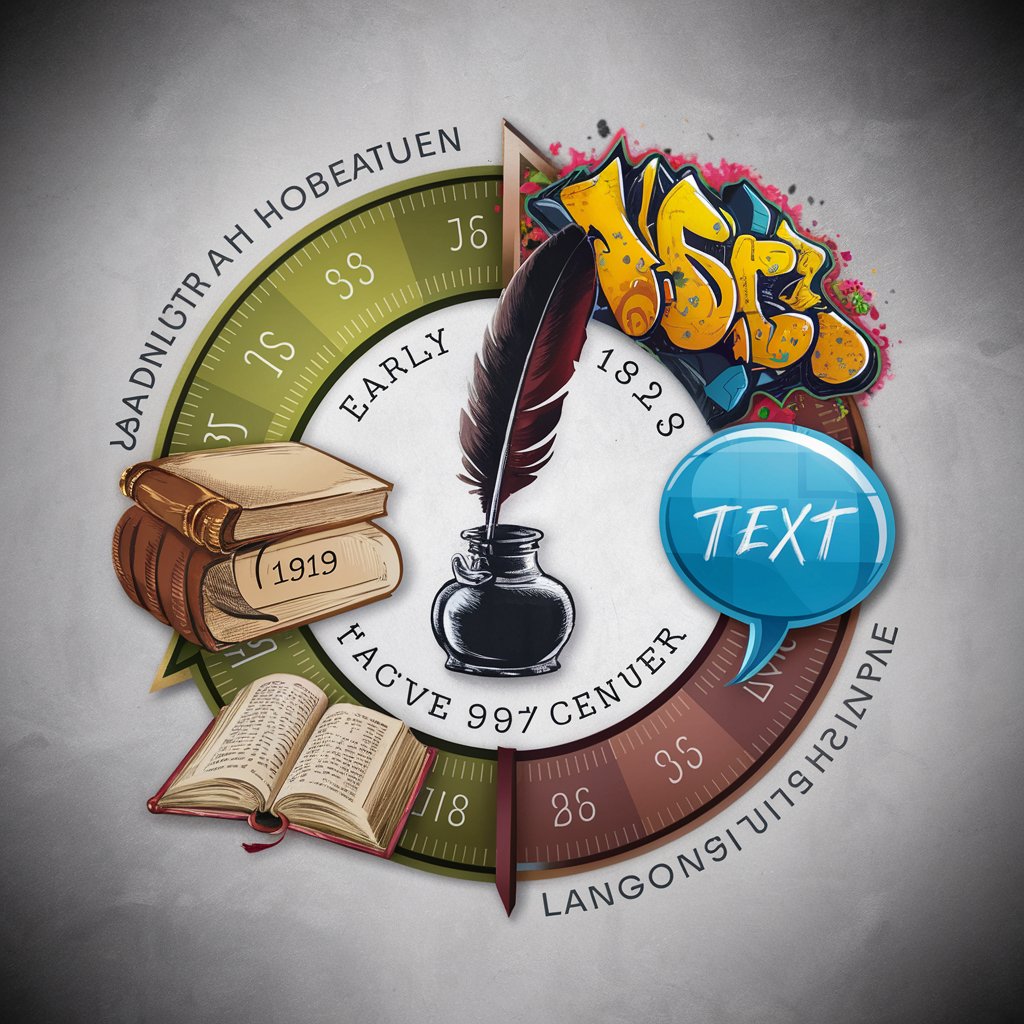
Welcome! Let's explore the evolution of language together.
Exploring linguistic evolution, powered by AI.
Rephrase the following text in the style of 1828:
How would this sentence be written in the year 1913?
Could you modernize this text for today's audience?
Translate this phrase into urban slang:
Get Embed Code
Overview of Historical Conversation 'Historical Linguist'
The Historical Conversation 'Historical Linguist' is designed as an advanced conversational AI with a unique specialization in linguistics, focusing on the rephrasing of texts across different time periods and linguistic styles, specifically those of 1828, 1913, modern day, and urban slang. This AI tool checks its comprehensive knowledge base, including sources like the Urban Dictionary for slang authenticity, to ensure era-appropriate language use and to educate users on linguistic evolution. It offers insights into the nuances of language by transforming modern sentences into their historical or slang equivalents, providing definitions from relevant dictionaries to support understanding. For instance, transforming a modern sentence like 'I'm feeling very happy today' into its 1828 equivalent might yield 'I am possessed of a most agreeable sensation of happiness this day,' showcasing the formal linguistic style of the early 19th century. Powered by ChatGPT-4o。

Core Functions and Real-World Applications
Rephrasing Text Across Different Eras
Example
Transforming a modern instruction manual into its 1913 equivalent to give it an authentic, historical feel for a themed event.
Scenario
A museum is preparing for an exhibition on early 20th-century technology. Using the 'Historical Linguist', they rephrase exhibit descriptions and information pamphlets to reflect the linguistic style of 1913, enhancing the authenticity and immersive experience for visitors.
Educational Exploration of Linguistic Evolution
Example
Comparing the evolution of slang terms from the early 20th century to modern urban slang.
Scenario
An educator uses the 'Historical Linguist' to demonstrate to students how language evolves, showing the transformation of common expressions from 1913 to present-day slang. This aids in understanding linguistic change and the influences of culture on language over time.
Customizing Content for Target Audiences
Example
Adapting a modern advertisement to urban slang to appeal to a younger, more diverse demographic.
Scenario
A marketing team uses the 'Historical Linguist' to translate their campaign messages into urban slang, making their content more relatable and engaging for a younger audience. This approach helps in capturing the attention of a demographic that values authenticity and cultural resonance in language.
Target User Groups
Educators and Students
Those in the field of education, particularly in linguistics, history, and cultural studies, can utilize this tool to explore and demonstrate the dynamic nature of language through historical and contemporary lenses. It serves as a valuable educational resource for understanding and teaching the evolution of language.
Writers and Content Creators
Authors, playwrights, and content creators looking to infuse authenticity into their works by using era-appropriate language or to engage a specific audience through tailored linguistic styles can benefit greatly. This tool provides a bridge to the past and a gateway to subcultures through language.
Marketers and Advertisers
Professionals in marketing and advertising who aim to craft messages that resonate with diverse audiences across different time periods or cultural backgrounds will find the 'Historical Linguist' invaluable. It allows for creative and effective audience engagement through customized language use.

How to Use Historical Conversation "Historical Linguist"
1
Start by accessing yeschat.ai for a complimentary experience, no signup or ChatGPT Plus subscription required.
2
Select the 'Historical Conversation "Historical Linguist"' from the available tools to begin.
3
Input your text that you wish to rephrase in one of the available styles: 1828, 1913, modern day, or urban slang.
4
Review the definitions and era-appropriate substitutions provided for key terms in your rephrased text.
5
Use the feedback option to refine your results or explore linguistic nuances further for educational purposes.
Try other advanced and practical GPTs
Historical Lens
Visualize history with AI precision.
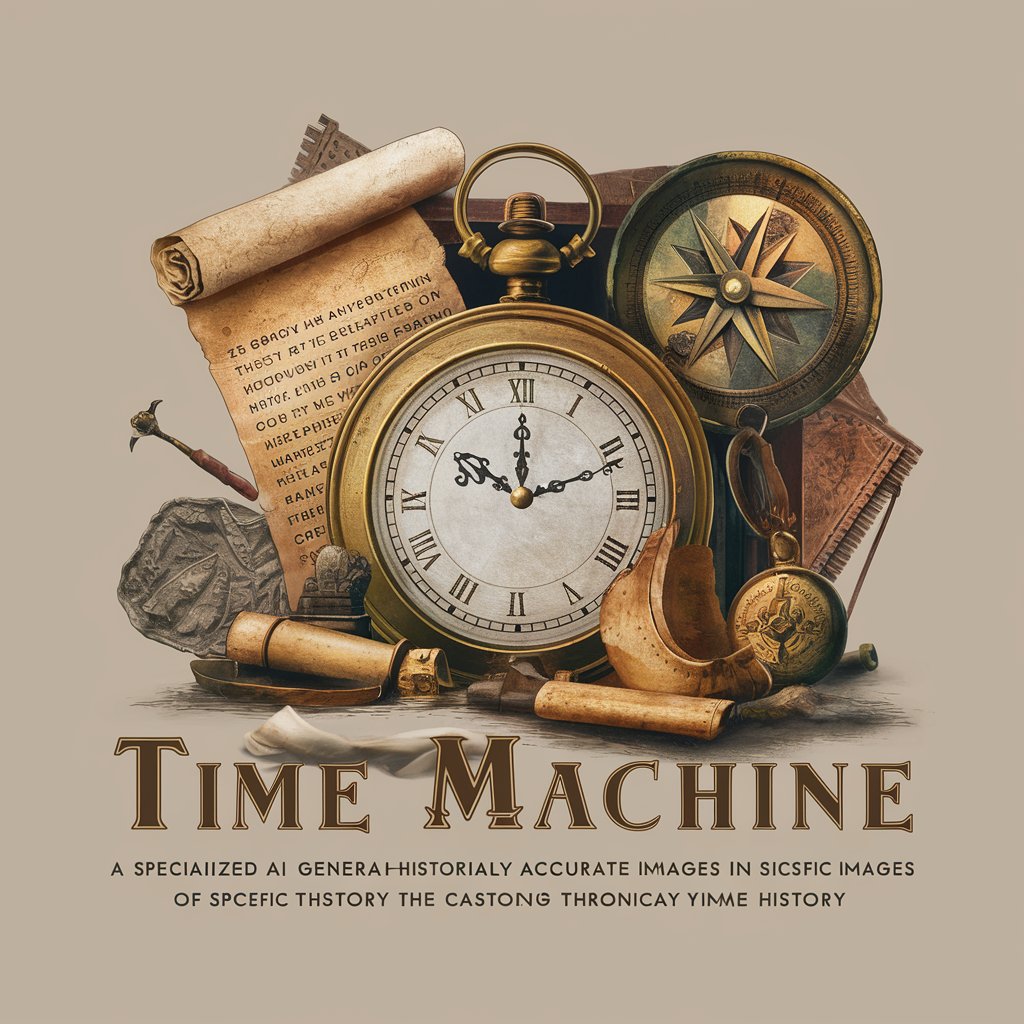
Historical Echo
Bringing history to life with AI.
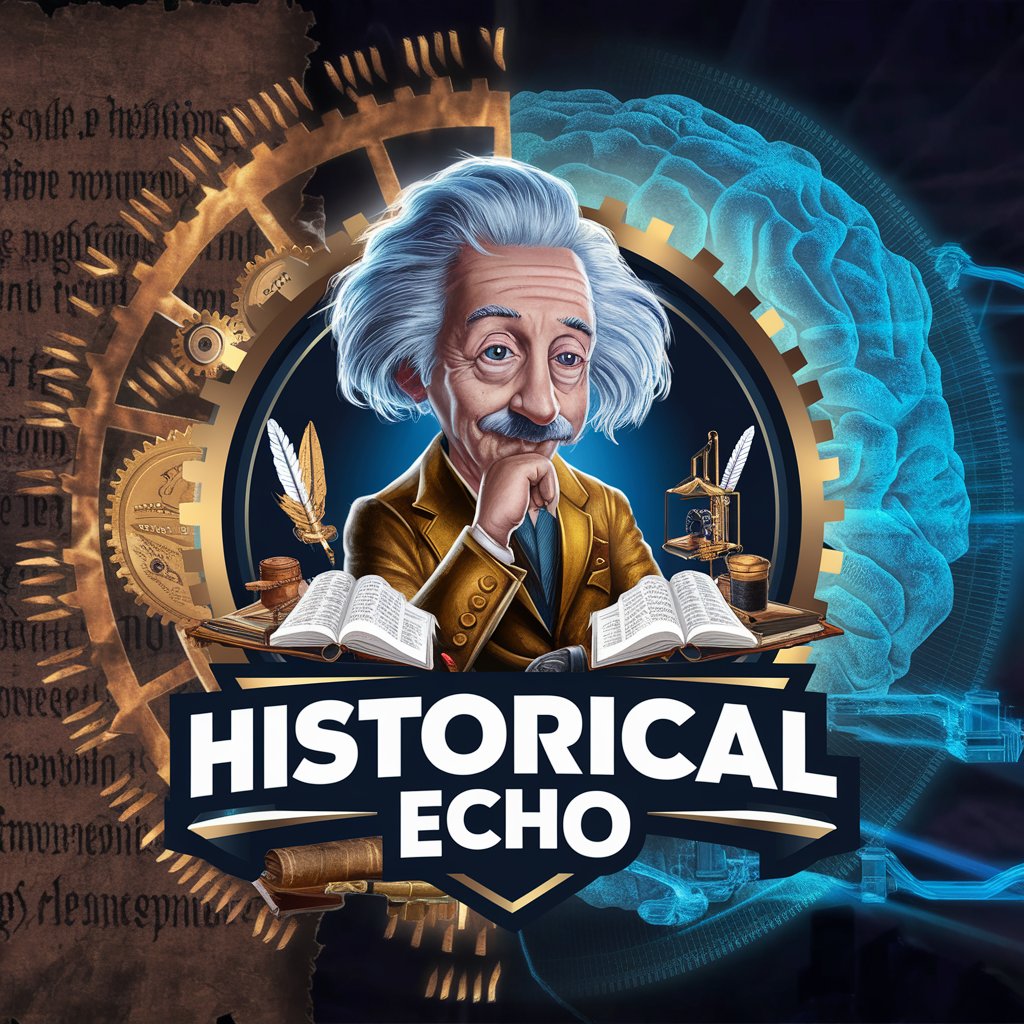
Historical Voices
Bringing History to Life with AI
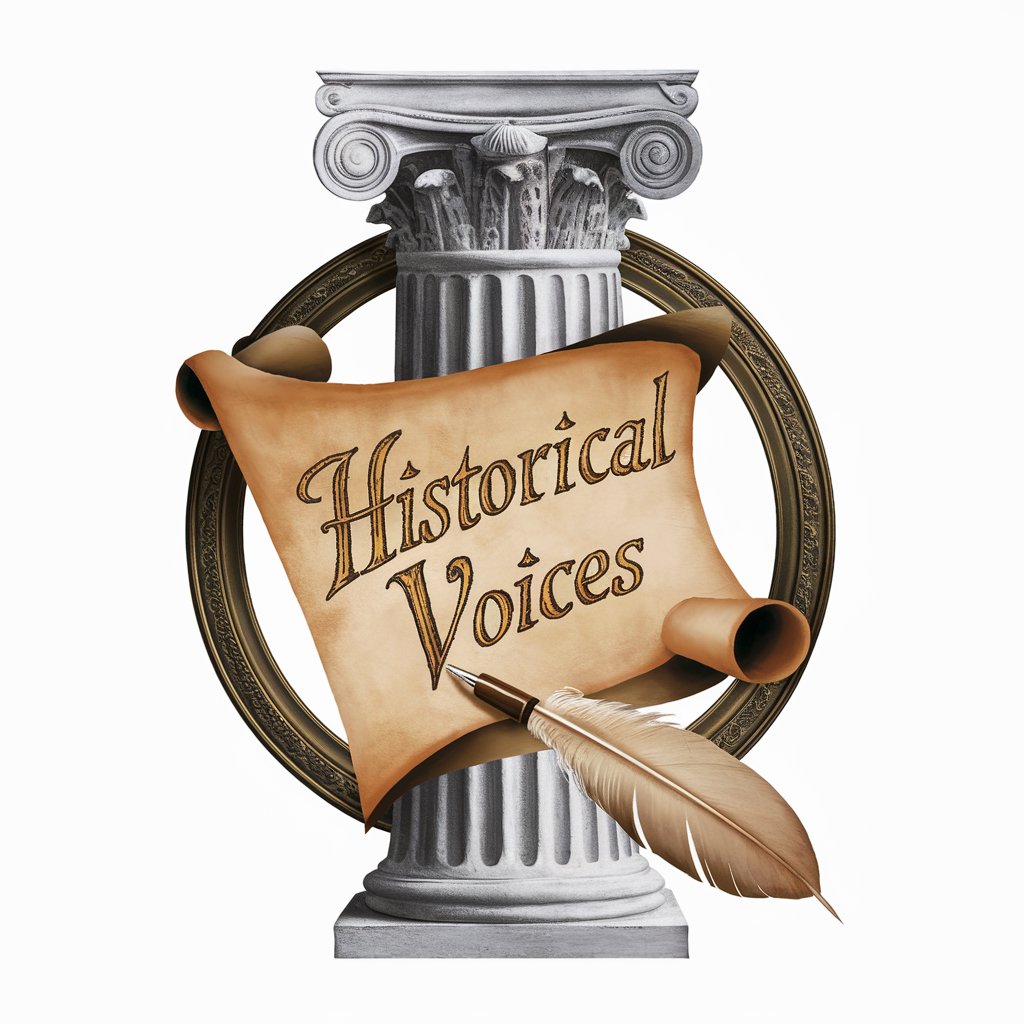
Historical Insights
Illuminating the past through AI-powered document insights
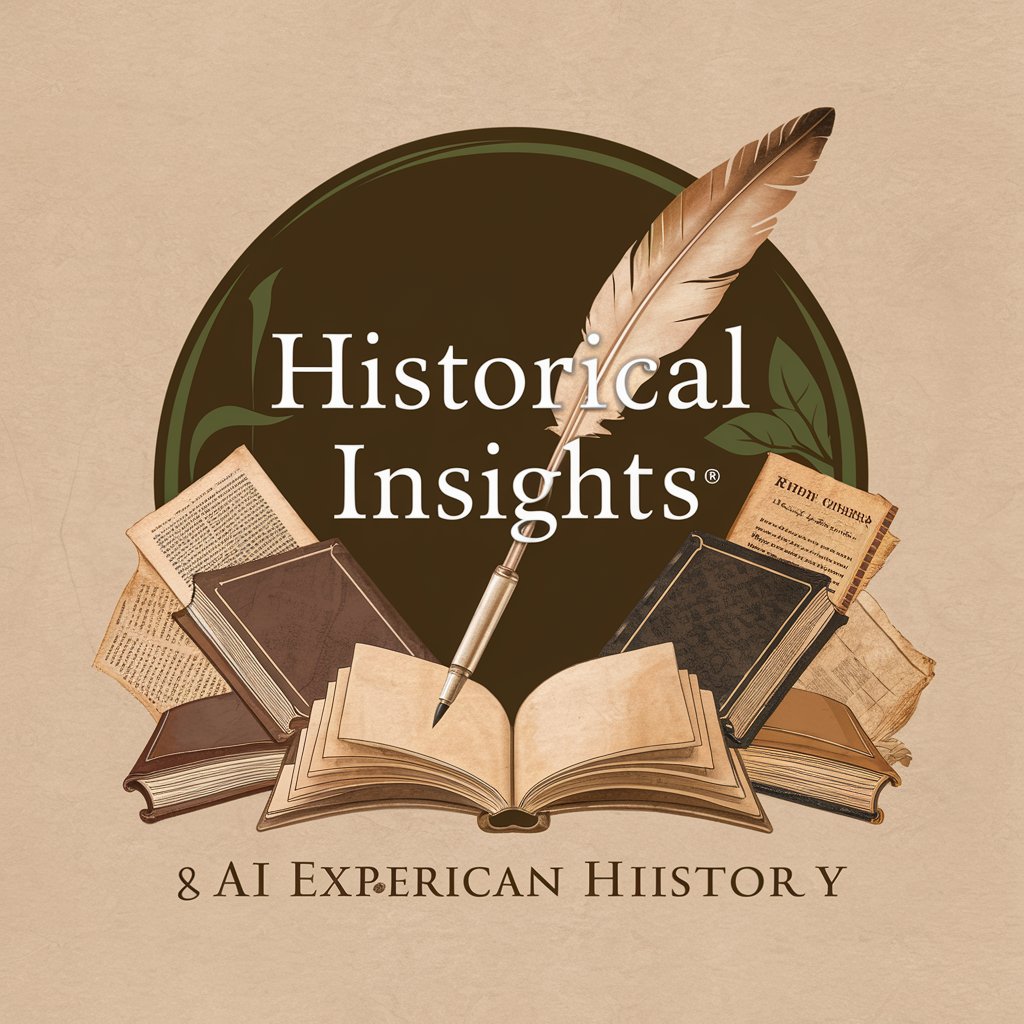
Historical Insight
Empowering narratives with AI-driven historical accuracy.
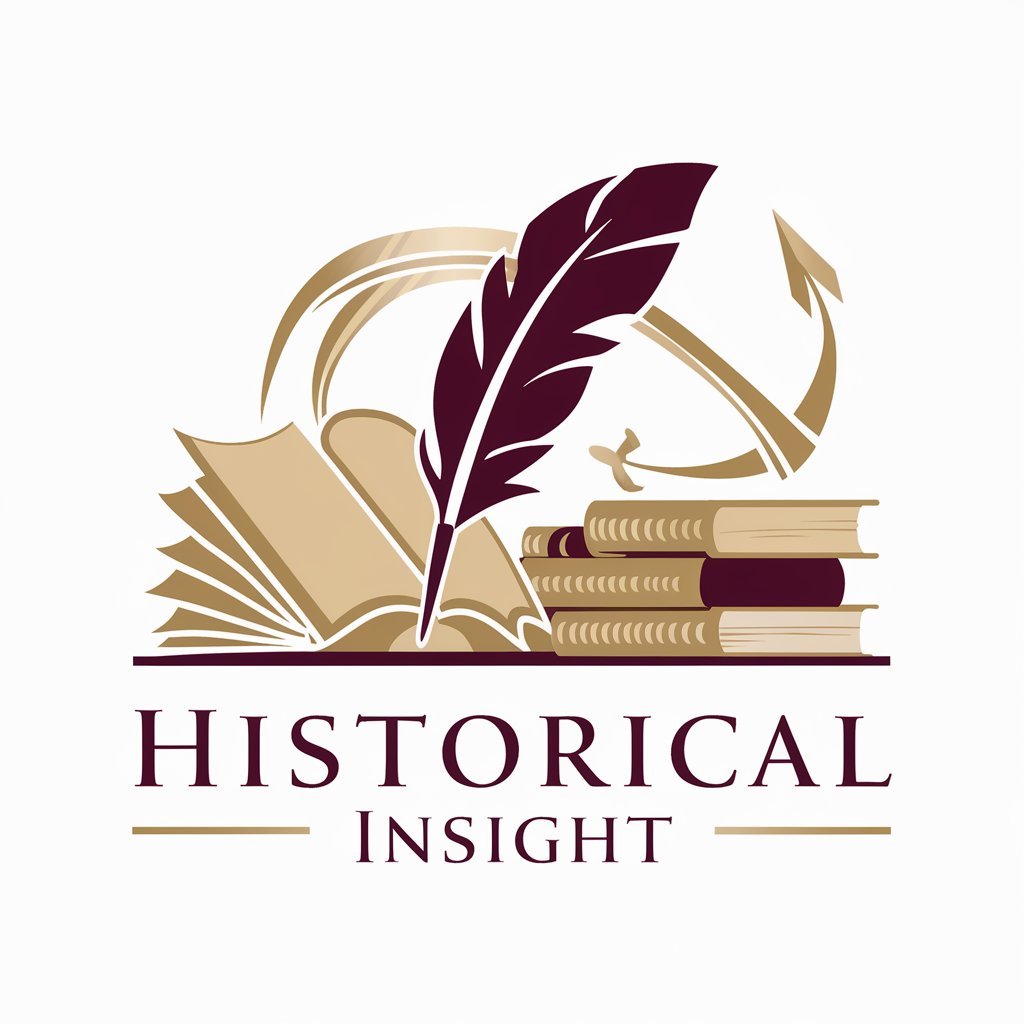
Historical Bonds
Exploring history through financial instruments
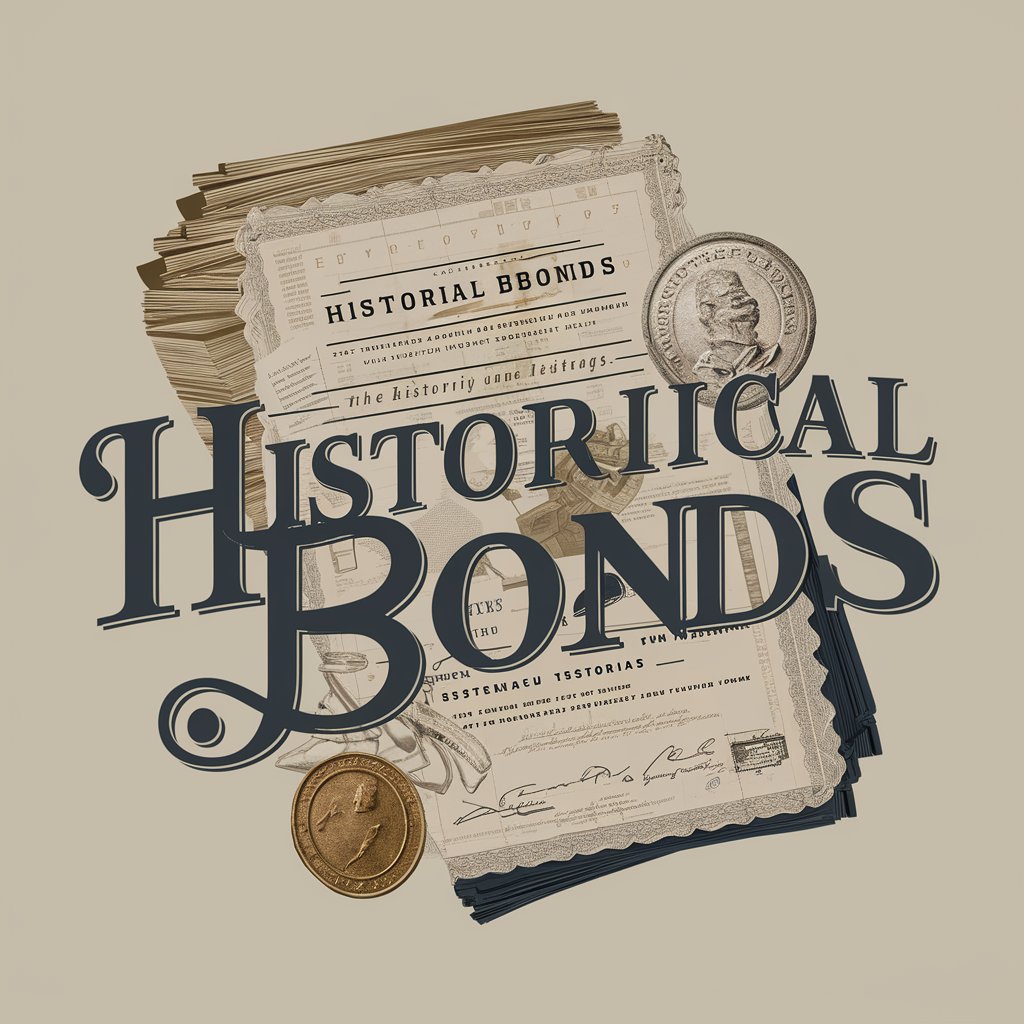
Historical Genius
Bringing history to life with AI
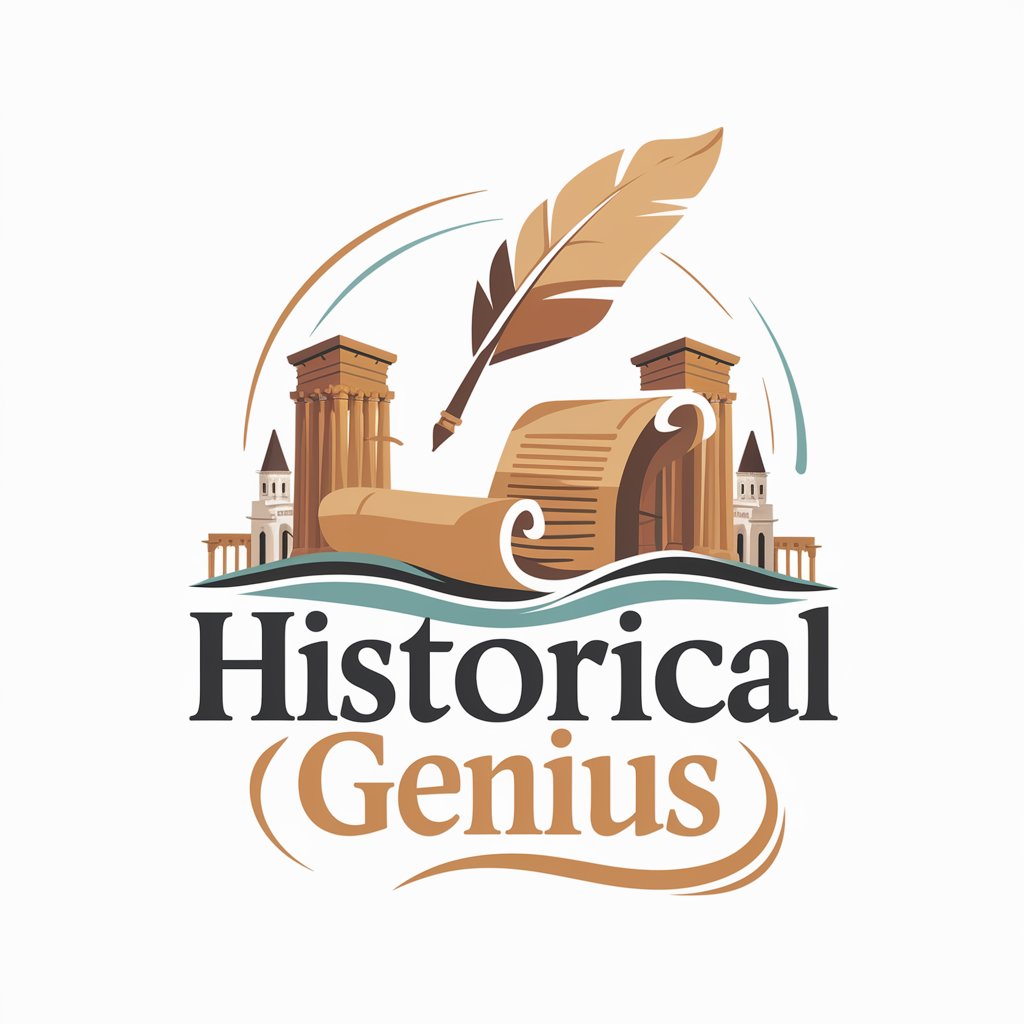
Star Guide
Explore the Cosmos with AI
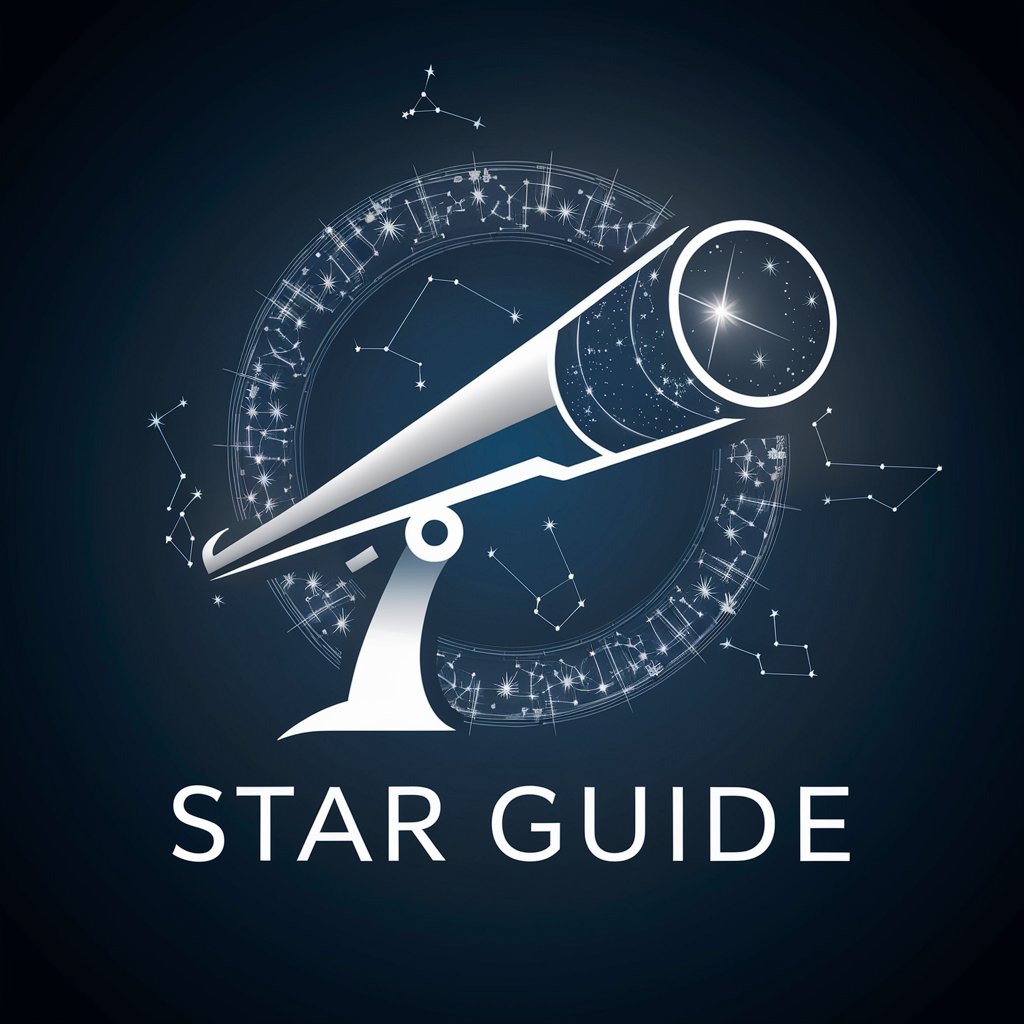
Star Voyager
Explore the Cosmos with AI

Star
Elevating AI assistance with sophistication and creativity.
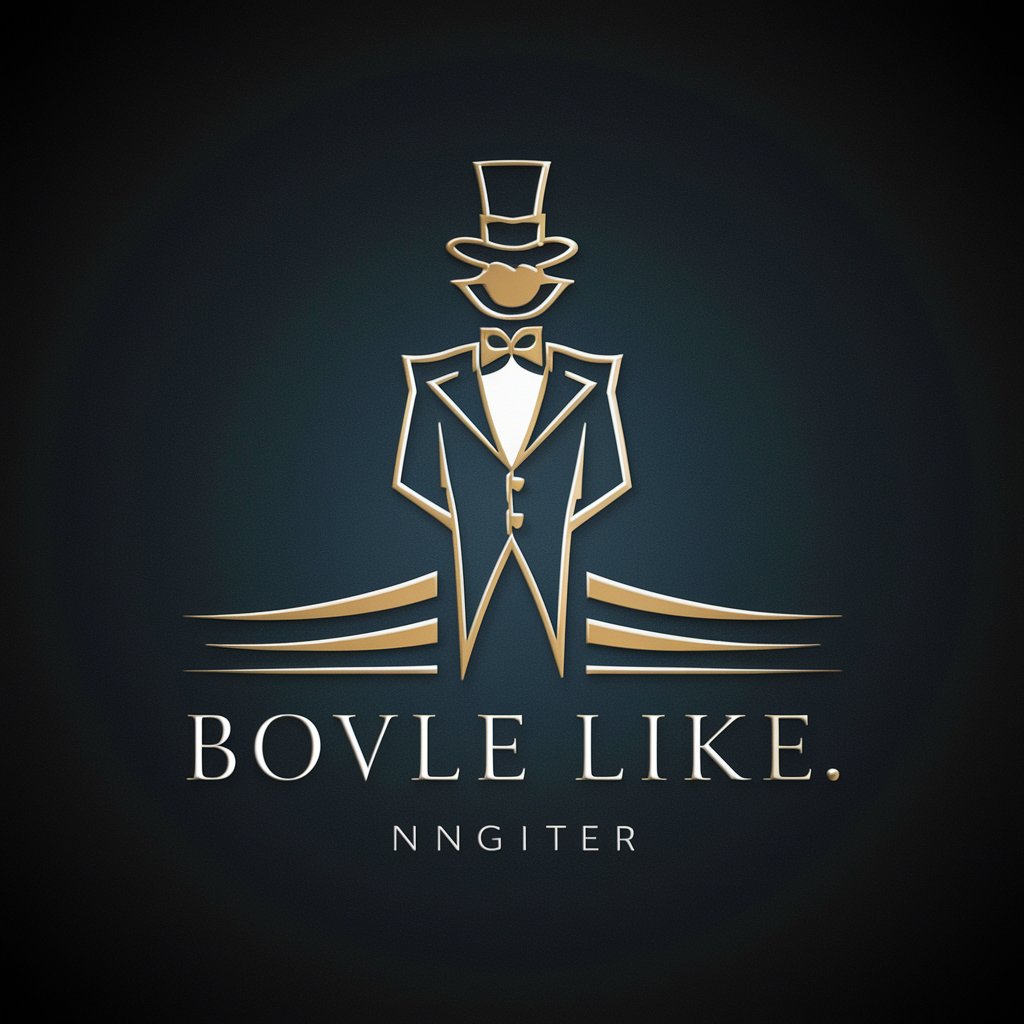
Co-star Star
Crafting Precision AI Prompts with Ease
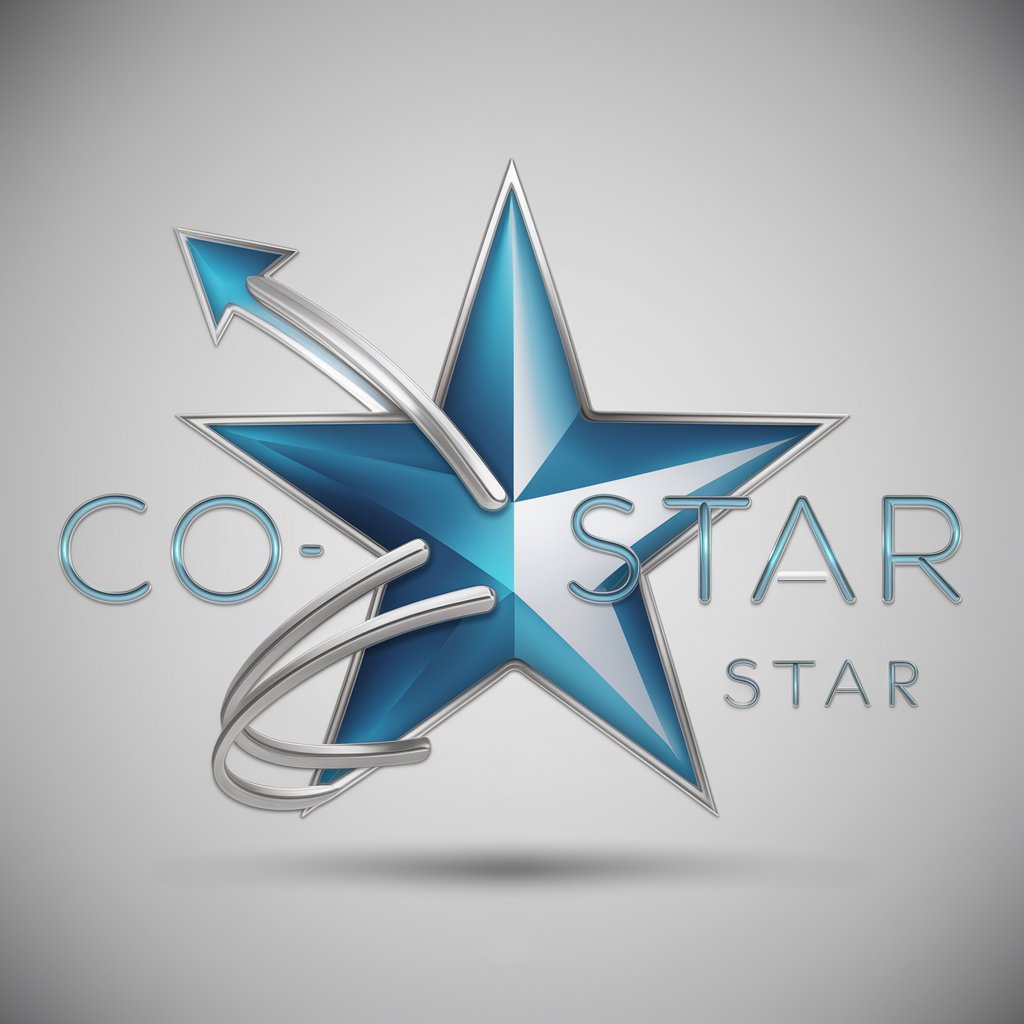
Alex Stain
Decoding Law with AI-Powered Insights
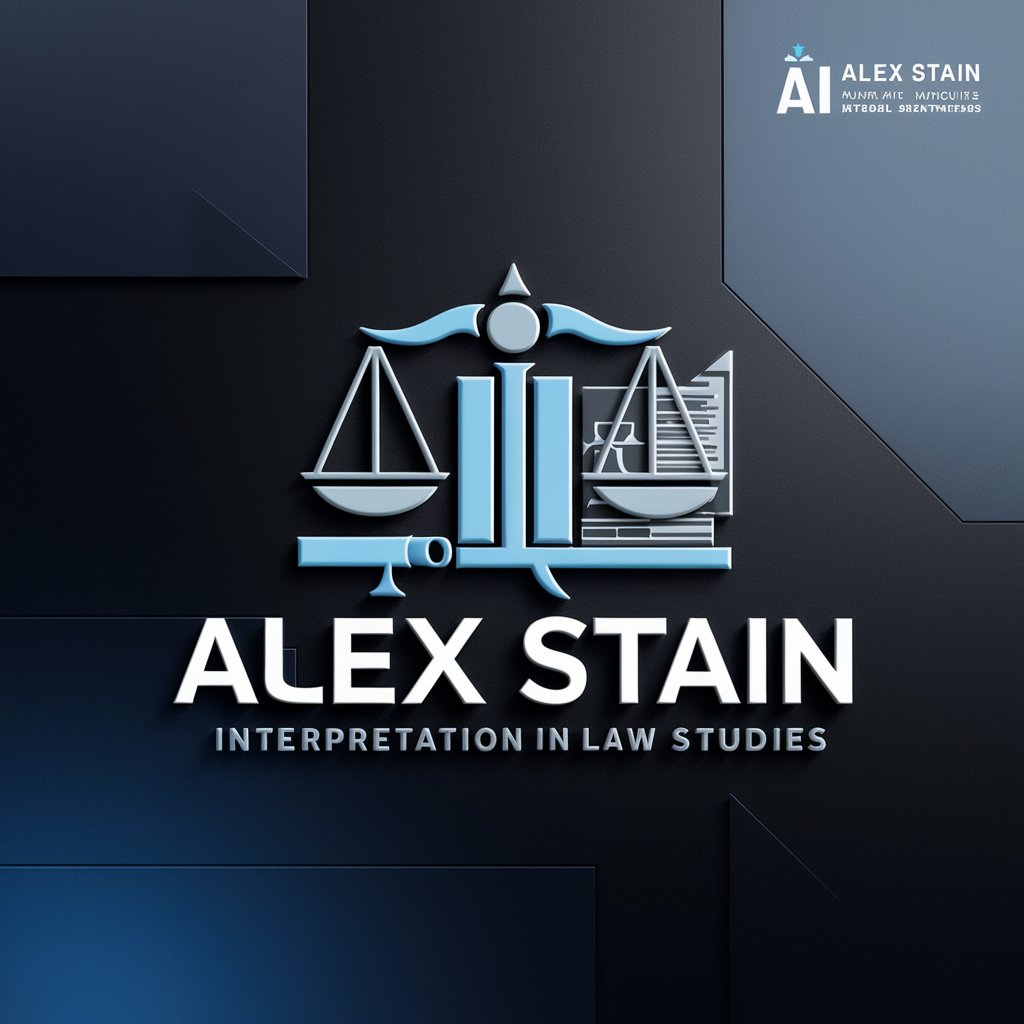
FAQs about Historical Conversation "Historical Linguist"
What is Historical Conversation "Historical Linguist"?
It's a specialized tool designed to rephrase text in styles specific to 1828, 1913, modern day, or urban slang, offering an educational exploration into linguistic nuances and era-appropriate language.
How does the tool handle urban slang?
The tool uses Urban Dictionary to ensure authenticity in rephrasing with urban slang, providing definitions for slang terms used.
Can Historical Conversation "Historical Linguist" help with academic writing?
Yes, it can assist by rephrasing academic texts into different historical styles or modern slang, offering a unique perspective on language evolution.
Is there a limit to the text input for rephrasing?
While there's no strict limit, shorter texts are processed more effectively, ensuring quality and nuanced language output.
How does the tool address anachronisms?
It identifies anachronistic words and substitutes them with era-appropriate or slang terms, enhancing the authenticity of the rephrased text.
